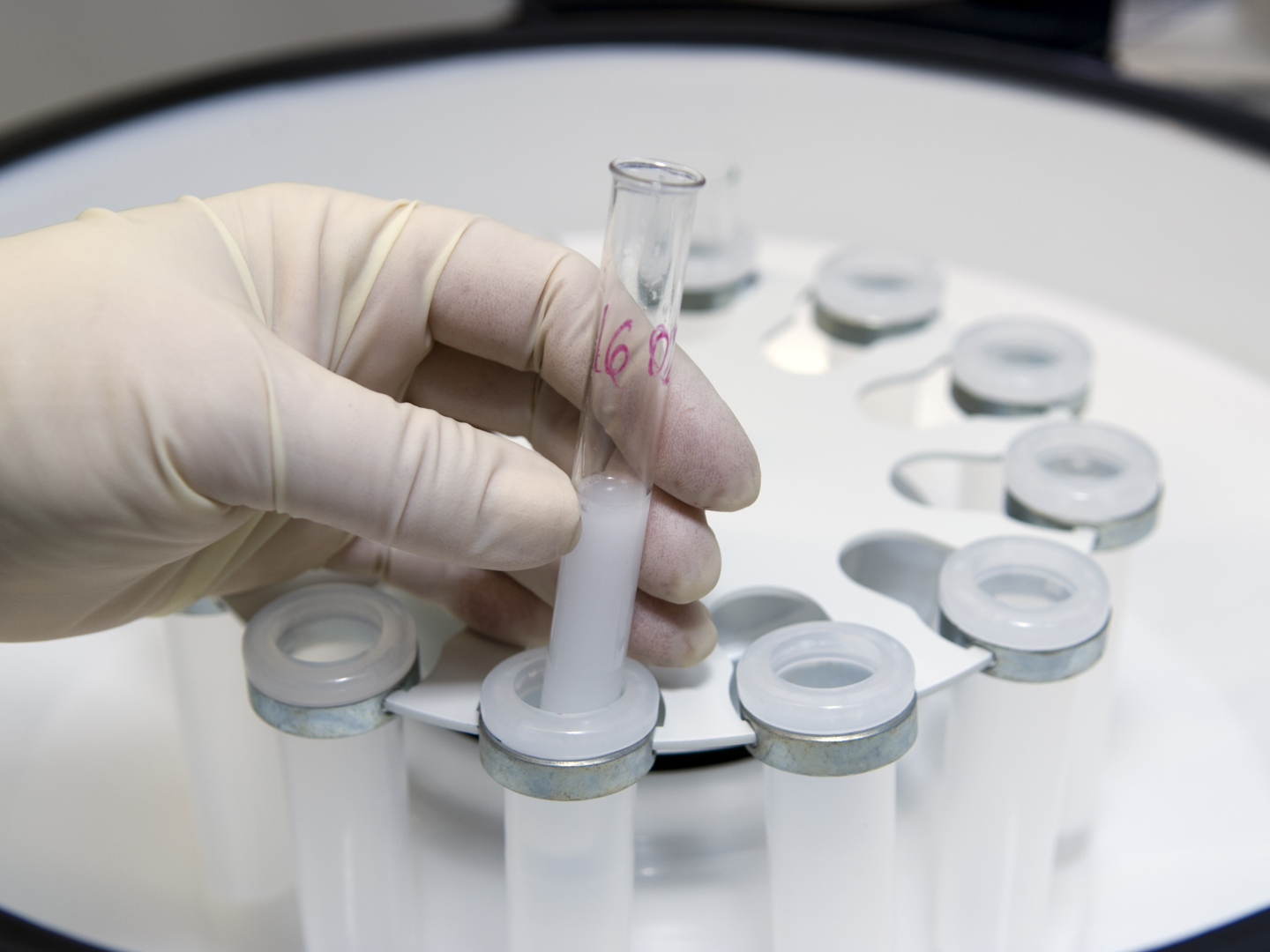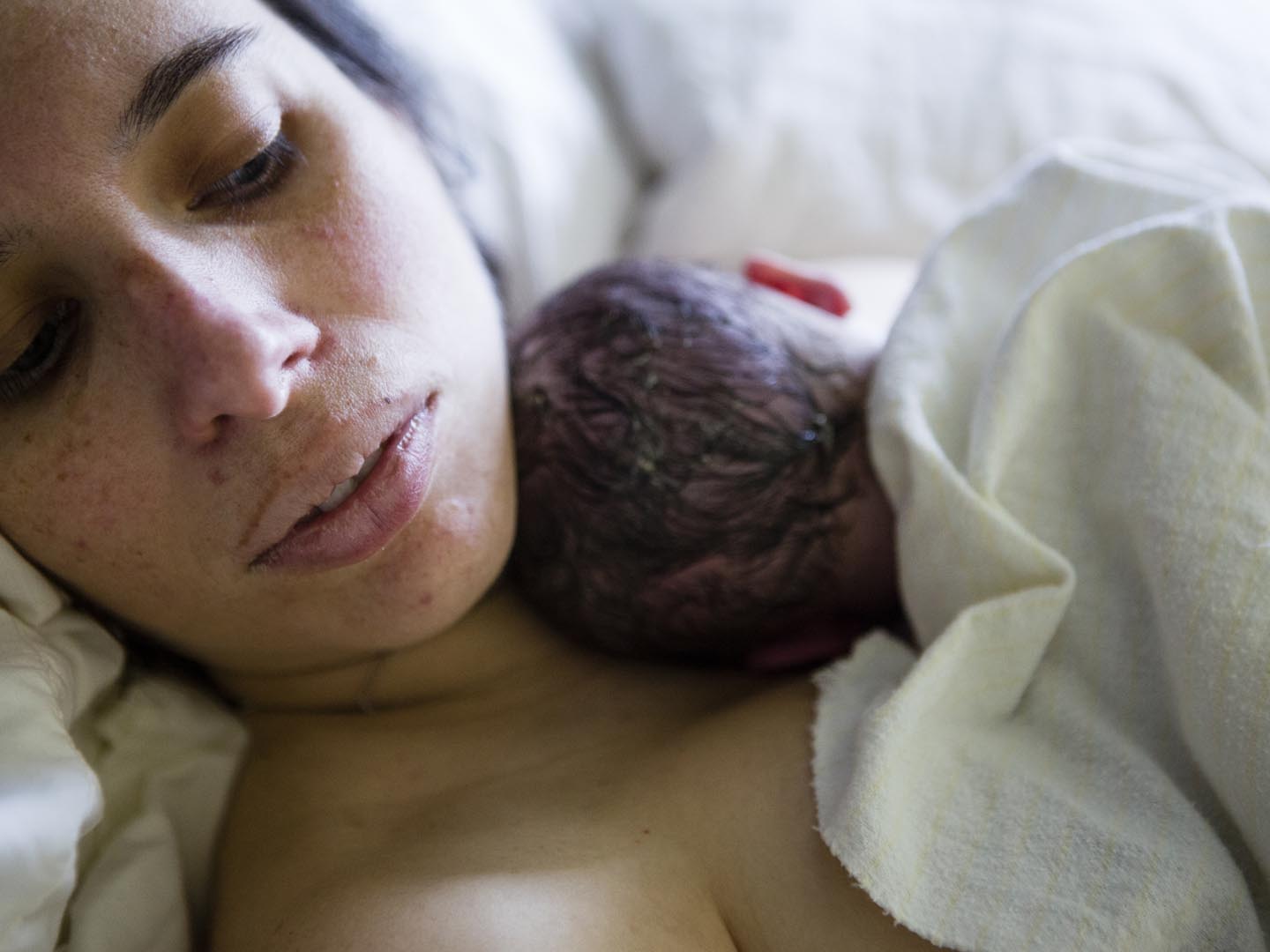Declining Fertility: A Worry for Women?
I’ve been hearing a lot about declining fertility in the past few months. What’s going on?
Andrew Weil, M.D. | May 30, 2002

Reviewed on 3/09/2010
Results of a study published in April 2001 have given us new information about the age at which fertility begins to decline. The results have gotten a lot of publicity and, I suspect, have been misinterpreted by those who haven’t heard or read the full stories. The implications aren’t as dire as the headlines and sound bites made them sound.
Results of the U.S.-Italian study showed that female fertility begins to decline in the late 20s, not in the 30s, as we believed, and that male fertility begins to drop in the late 30s, something of a surprise to researchers. These findings don’t mean that couples can’t conceive as they get older, just that it may take longer than it would among those in their early 20s when both sexes are most fertile. For example, the researchers found that if couples had sex at the peak time for conception (two days before ovulation) women between the ages of 19 and 26 had a 50 percent chance of conceiving in that one menstrual cycle; the odds drop to about 40 percent for women aged 27 to 34 and to 30 percent among women aged 35-39 who had a partner of the same age. If the man was five years older than a woman in this age range, chances of getting pregnant per menstrual cycle dropped to around 20 percent.
Remember that these are only averages. Even among the youngest couples the probability of pregnancy in any one month ranged from 20 percent to 60 percent.
The results of this study have prompted some doctors to urge women to try to become pregnant in their twenties — not practical or realistic for many women today. If I were you, I wouldn’t worry unduly about these new findings. Chances are a healthy couple will be able to conceive even after fertility begins to wane. It just may take a little longer.
Andrew Weil, M.D.










